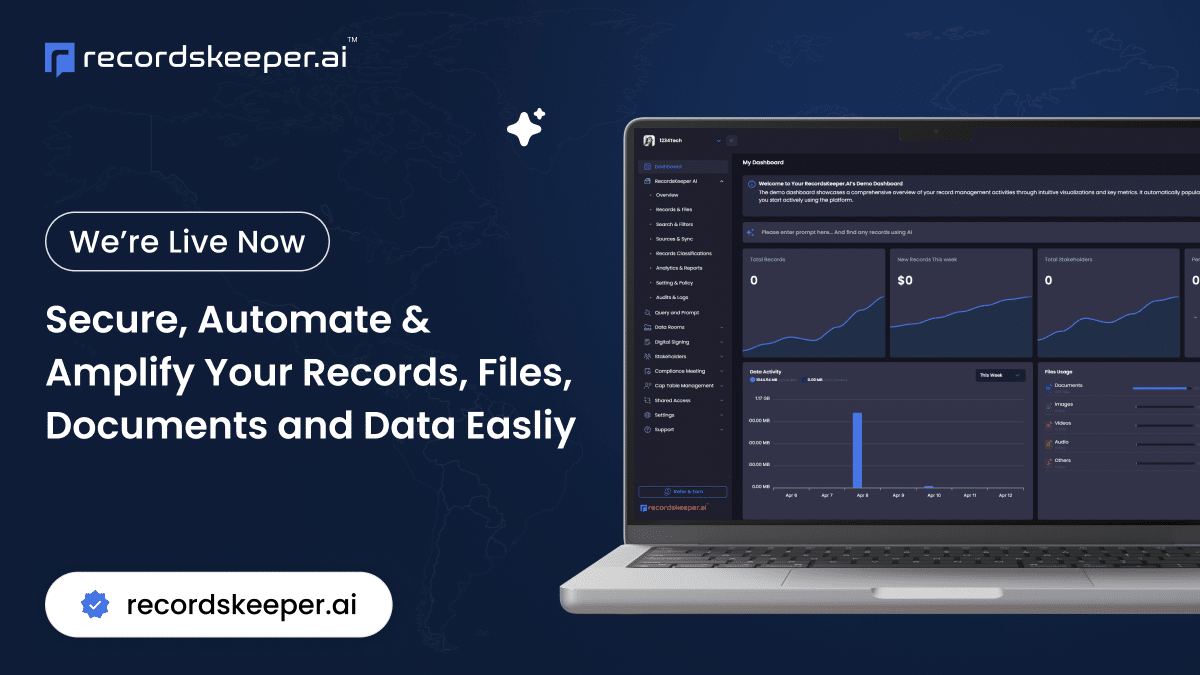Streamlining Your Medical Practice with the Right EHR Application
In the rapidly evolving realm of healthcare, efficiency and accuracy are paramount. With the rise of Electronic Health Records (EHR), medical practices have witnessed a seismic shift in how patient data is stored, accessed, and utilized. Having spent several years at the intersection of tech innovation and real-world applications, I’ve seen first-hand how a well-chosen EHR application can transform medical workflows.
Understanding the Importance of EHR in Modern Healthcare
For any healthcare provider, the choice of an EHR application goes beyond mere data storage. It’s about enhancing patient care, ensuring compliance, and facilitating seamless communication across various departments. If you’re still hesitant about making the switch, think about the competitive edge it offers — faster access to patient histories, reduced errors, and more time to focus on patient interaction.
But, more importantly, not all EHRs are created equal. How, then, can you discern which system is best suited for your needs?
Key Considerations in Selecting an EHR Application
Choosing an EHR is akin to finding a lifelong partner for your practice. Here’s a detailed breakdown of the factors you should evaluate:
1. Usability and Intuitive Design
When it comes to EHR applications, usability is a top priority. After all, an interface that’s complicated will only deter staff and prolong the learning curve. Opt for systems that prioritize user experience with clear navigation and simple data entry processes. The best EHR features are those that make the complex seem simple, allowing for swift adaptation by your team.
2. Customization and Flexibility
Every medical practice has its unique nuances and workflows. An ideal EHR should allow customization to cater to specific needs, whether it’s dermatology, paediatrics, or general practice. Flexibility ensures that the system can grow with your practice, adapting to new services and patient demographics without a hitch.
3. Interoperability
In an interconnected digital health ecosystem, interoperability is the linchpin. An effective EHR should seamlessly exchange data with other systems, labs, and pharmacies. This capability ensures comprehensive patient care, reducing redundant tests and improving diagnostic accuracy.
4. Security and Compliance
With the rise of digital records, data security has taken centre stage. EHR systems must comply with regulations like HIPAA to safeguard patient information. Choose applications with robust security features, including encryption, password protection, and regular audits, to guarantee peace of mind.
5. Support and Training
Transitioning to a new EHR requires training and support. Ensure that your vendor offers comprehensive onboarding sessions and continued assistance. Prompt and efficient customer support is invaluable, particularly during the initial phases of integration.
6. Cost Efficiency
While cost is a significant consideration, it shouldn’t overshadow the importance of value. Weigh the benefits against the investment. Some EHRs offer subscription-based pricing, while others might have higher upfront fees but lower long-term costs. Delve into the pricing model to ensure alignment with your financial plans.
Making an Informed Decision
Transitioning to a digital healthcare system can seem daunting, but the rewards are substantial. By choosing the right EHR application, you’re not just opting for technological advancement; you’re making an investment in your practice’s future. An optimized EHR system serves as a catalyst for improved workflow, allowing physicians to focus better on patient care while ensuring that backend processes run smoothly.
Every decision in business should be strategic — especially those that affect the heartbeat of your practice. By evaluating the factors mentioned, you’ll be equipped to make an informed choice, ensuring that your EHR application bolsters your practice’s efficiency and reliability.
Conclusion: Empower Your Practice Today
In conclusion, the right EHR application is more than a digital tool — it’s a strategy enhancer that advances your practice towards operational excellence. To those pondering this crucial decision, I urge you to take the leap. Examine the features, trial the systems, and choose one that aligns perfectly with your goals.
For more insights into the world of digital transformation in healthcare, feel free to follow my journey or reach out for further discussions. The future of healthcare is here, and it’s digital.
—
In our modern age, the right decisions can radically transform how healthcare professionals work and engage with their patients. Make the right choice and watch your practice flourish. Your patients, staff, and future self will thank you.








